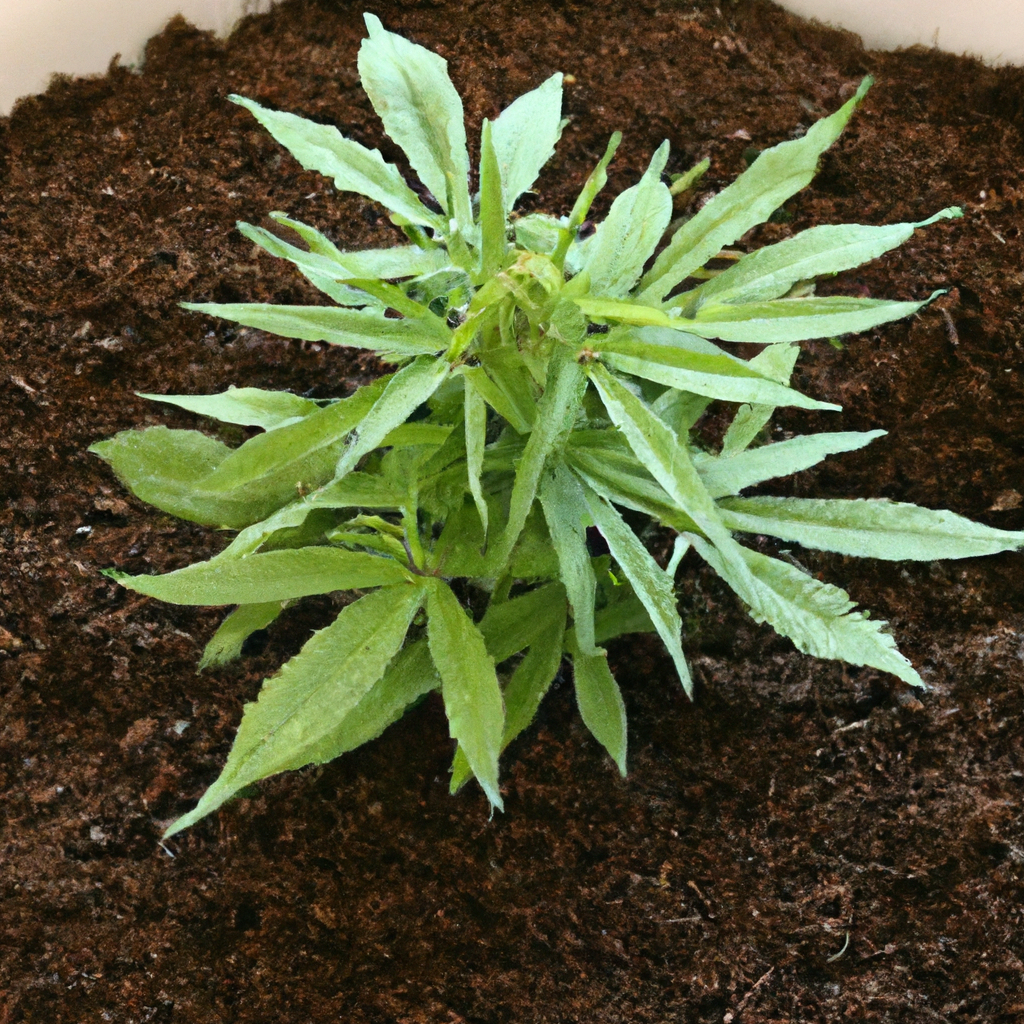Your cart is currently empty!
In the ever-evolving world of cannabis cultivation, a growing number of cultivators are turning toward organic methods to produce healthier plants and more sustainable operations. This not only benefits the environment but also enhances the quality of the cannabis consumed. Let’s delve into some best practices for organic cannabis cultivation, focusing on natural fertilizers, compost, and effective pest control methods.
Building a Healthy Soil Ecosystem
One of the fundamental aspects of organic cannabis cultivation is creating a thriving soil ecosystem. Healthy soil is rich in organic matter and full of worms, beneficial microbes, and fungi. These elements work in harmony to improve nutrient availability and promote robust plant growth.
- Composting: Utilize kitchen scraps, dried leaves, and other organic waste to create nutrient-rich compost. This natural fertilizer improves soil structure and provides essential nutrients.
- Companion Planting: Introduce plants like marigolds or clover into your cannabis garden to enhance soil nutrients and deter pests naturally.
Avoiding Synthetic Chemicals
Organic cannabis cultivation emphasizes the use of natural inputs, steering clear of synthetic chemicals that can harm the environment and compromise plant quality. Here’s how you can avoid these chemicals effectively:
- Natural Fertilizers: Use manures, bone meal, and rock phosphate to enrich your soil without synthetic additives.
- Organic Pest Control: Turn to neem oil or diatomaceous earth to ward off common pests without disrupting the environmental balance.
Sustainability in Growing Operations
Embracing sustainability in cannabis cultivation goes beyond organic fertilizers and pest control—it’s about taking a holistic approach to growing. Here are some strategies to promote sustainability:
- Water Conservation: Implement drip irrigation systems to reduce water usage while maintaining optimal plant hydration.
- Energy Efficiency: Use LED lights to minimize energy consumption during indoor cultivation.
- Recycling Nutrients: Capture and reuse runoff water and nutrients to prevent wastage and save costs.
The Benefits of Organic Cannabis
Choosing to cultivate cannabis organically offers numerous benefits for both the environment and consumers. By enhancing soil health and using eco-friendly practices, growers support biodiversity and reduce their carbon footprint. For consumers, organic cannabis often contains higher levels of beneficial cannabinoids and terpenes, providing a richer flavor and more potent aroma.
Ultimately, organic cannabis cultivation is about harmonizing with nature—producing plants that are not only high in quality but also grown with respect to our planet.
Tags: Organic, NaturalFertilizers, Compost, PestControl, SustainablePractices
Discover more from Magic Clones
Subscribe to get the latest posts sent to your email.


Leave a Reply